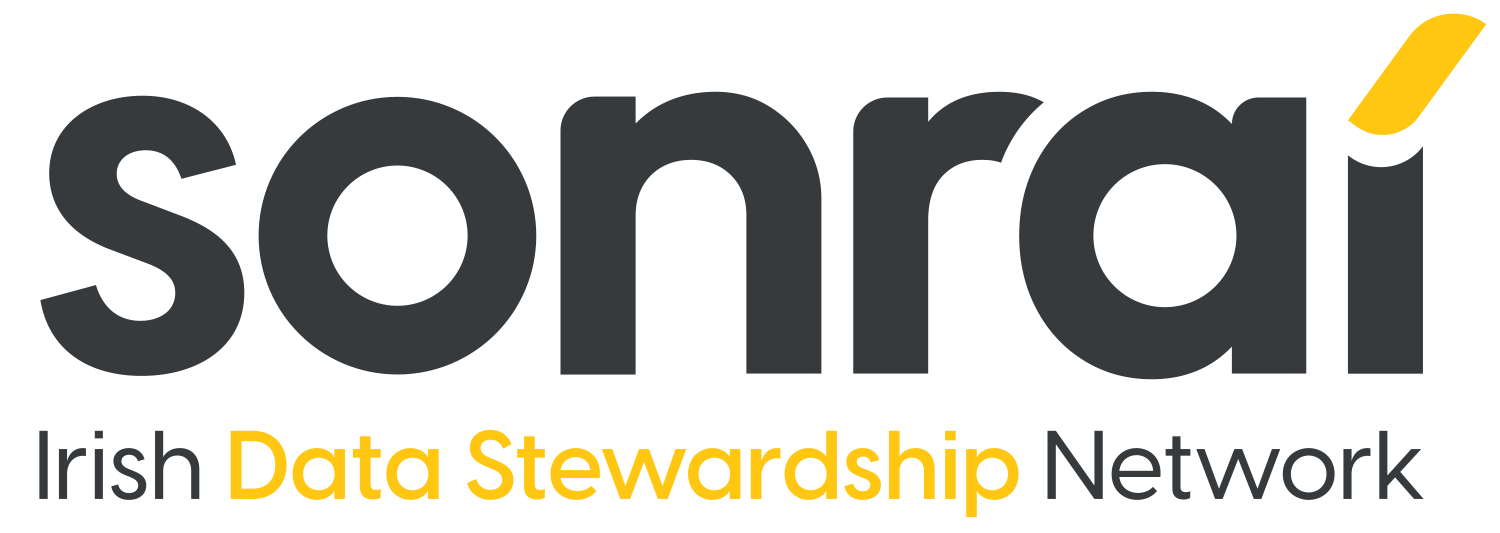In today’s data-driven research landscape, effective Research Data Management (RDM) is more critical than ever. Yet, despite its importance, RDM is often treated as an afterthought in research planning and funding proposals. Essential tasks—such as data documentation, storage, sharing, and long-term preservation—are frequently under-resourced or omitted entirely. This oversight can compromise research quality, hinder data FAIRness and obscure the true extent of data stewardship support required by research. This in turn makes it harder to plan for necessary resources and time, justify funding and ensure the long-term preservation and usability of research data.
To address this gap, a working group with representative from across the research support landscape have developed a draft working model for integrating RDM costs into research funding proposals. Version 1 of this model is now open and available in Zenodo for stakeholder consultation.
Our goal is to provide a scalable, adaptable framework that clearly outlines the time and resources required for key RDM activities across disciplines. By embedding RDM planning into the early stages of project design, researchers can ensure more robust, transparent, and shareable outcomes. The model also supports several other key goals: it will help demonstrate the value of data stewardship to management and funders, ensures compliance with RDM mandates, supports the development of sustainable RDM services, identifies when additional support—such as embedded data stewards or team training—is needed, and strengthens the case for expanding data stewardship or RDM services.
We believe that deliberate, well-resourced RDM is not just good practice—it’s essential for research integrity, enabling reproducibility, maximising the potential for reuse and ultimately increasing the visibility and impact of research outcomes.
We invite you to explore the model and share your feedback to help us refine this important tool.
Project Partners; Lindsay Dowling, TU Dublin, Aoife Coffey, UCC Jenny O’Neill, HEAnet, Andrew Simpson, RCSI, Armin Straube, UL
The arguments in this blog post were refined and clarified using MS Co-pilot accessed on the 21/05/2025.
